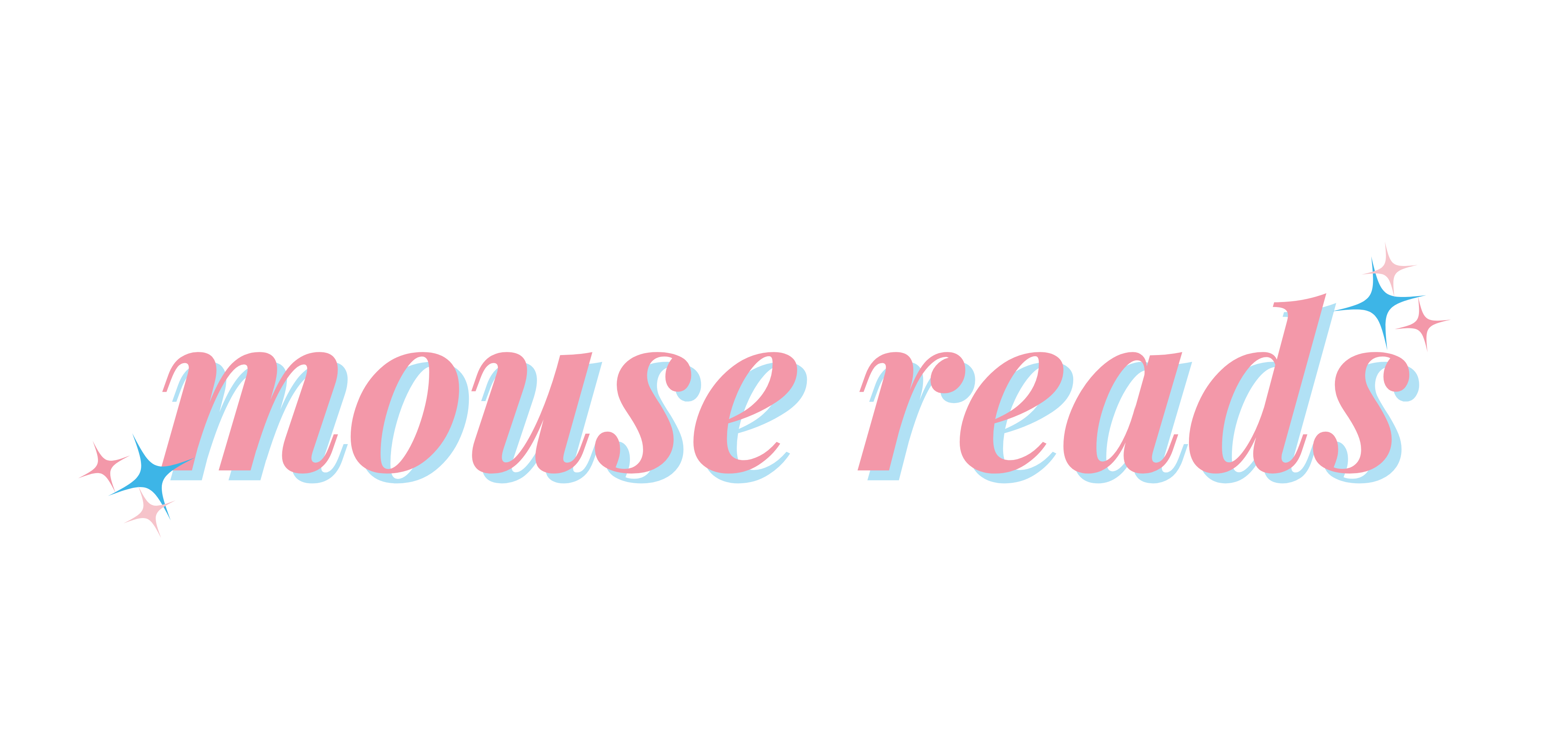At The End Of Everything
At The End of Everything by Marieke Nijkamp is a timely story of a plague, and abandoned teens. Hope Juvenile Center has been abandoned, leaving the kids to fend for themselves at the end of the world.

From Goodreads:
The Hope Juvenile Treatment Center is ironically named. No one has hope for the delinquent teenagers who have been exiled there; the world barely acknowledges that they exist.
Then the guards at Hope start acting strange. And one day…they don’t show up. But when the teens band together to make a break from the facility, they encounter soldiers outside the gates. There’s a rapidly spreading infectious disease outside, and no one can leave their houses or travel without a permit. Which means that they’re stuck at Hope. And this time, no one is watching out for them at all.
As supplies quickly dwindle and a deadly plague tears through their ranks, the group has to decide whom among them they can trust and figure out how they can survive in a world that has never wanted them in the first place.
All quotes are from an advanced reader copy, and may or may not reflect the published edition.
I’ll admit, I didn’t fully enjoy Nijkamp’s “Even if We Break”, and so I was hesitant going into this. Hesitant further by the multiple POV this book provides, similar to the previously mentioned book. Yet, Nijkamp has done an amazing job of writing these varying characters during such a drastic and emotional time. Reading a book about a plague during an ongoing pandemic is emotionally jarring, and some of the responses from adults felt pulled out of my own conversations with conservative family members. While a bit slow, the emotional hold this book had on me made it worth it.
“Forgive me, Father, for I have sinned? I have, I’m certain.”
There were characters I felt more closely aligned to, and others I didn’t Emmerson specifically was one who felt like coming home. Non-binary and kicked out of their home due to this, and specifically due to their family being religious, their trauma was something I understood intimately. The religious lines felt like things I’ve considered myself, and their storyline was really interesting to me.
Grace and Logan were not as interesting to me, but, this is due more to the lack of personal connection than anything else. I did find it strange how we focused quite a bit on Logan being nonverbal and having her own language with her twin Leah. When Leah falls ill, Logan manages to teach the others this language. Yet, there were times where Logan mentioned them not understanding most of it, and other times where it seemed they did understand the intricate details. It felt a bit like we forgot who knows what, and when.
“This is the way the world ends. Not with a bang, but with a knock on my door.”
Grace felt like a back seat character to me, even though she’s the leader of our forgotten teens. With multiple POVs in this style, it becomes difficult to remember what side characters are who and why, and this is no exception. Had this book been faster-paced, I think it would have been even more difficult. Luckily, the slow pacing made you feel as though you had time to get to know everyone and continue on.
“I don’t feel remorseful for being who I am, and I certainly won’t repent. We’re not rejects. We deserve to be cared for, and deserve to be remembered.”
This book is painful and emotional. Its pacing is heavy, and the characters’ issues give almost everyone something to connect to. The teens are the forgotten and the lost, and they’re fighting to survive- and their right to deserve that. It’s an interesting tale, in a prominent time.
“Forgive me, Father, for I have sinned. I believe the world – Your glorious creation – is broken, and when I’m not scared, I’m so angry, I could break it all further.”
Thank you to Netgalley and the publisher for a copy of this book in exchange for an honest review.






Leave a Comment